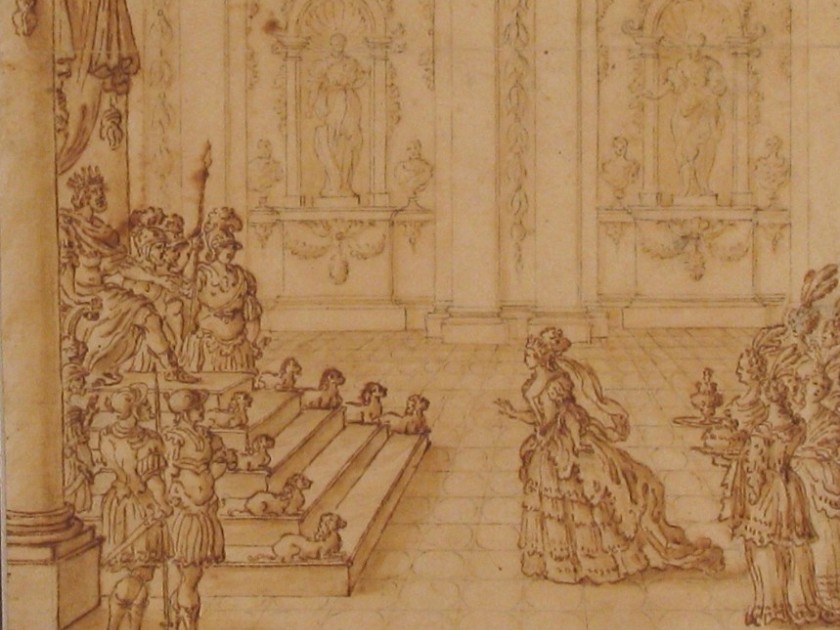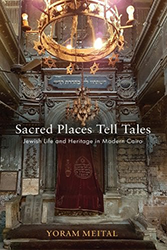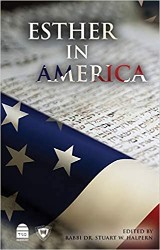
Esther before Ahasuerus, Anonymous, French, 18th century, The Elisha Whittelsey Collection, The Elisha Whittelsey Fund, 1949.
In Esther’s scroll God is hidden
but there are plenty of angels.
My favorites are the gardeners
devilishly uprooting trees in the king’s garden.
“Haman’s orders,” they say.
Infuriated, the king bursts in to the banquet hall
finds Haman sprawled on Esther’s couch –
an angel pushed him.
The bad guys have lost control,
like Pharaoh’s stone heart,
everything conspires against them
Haman’s gallows rise to doom him.
Timing is everything
like poetry, like breathing.
Esther knows
when to conceal, when to reveal.
Her procession into the throne room,
green with grief, with terror, infuriates the king.
He means to turn away,
but an angel swivels his head towards her,
another stretches the golden scepter
as far as Pharaoh’s daughter’s hand
extends to rescue Moses.
I once heard
that in heaven our life replays in slow motion
action by action, scene by scene,
only now we see behind the screen
how bad things happen
to issue in the good.
It all lies spread before us,
a resplendent banquet.
This piece is a part of the Berru Poetry Series, which supports Jewish poetry and poets on PB Daily. JBC also awards the Berru Poetry Award in memory of Ruth and Bernie Weinflash as a part of the National Jewish Book Awards. Click here to see the 2019 winner of the prize. If you’re interested in participating in the series, please check out the guidelines here.
Wendy Dickstein was born in the US, grew up in Australia, and lived in England and India before settling in Jerusalem more than 30 years ago. She’s won prizes for poetry and fiction. Among her publications is a chapbook, “Alexander Pope in India and Other Poems” and the story of a spiritual journey from Hyderabad to Jerusalem, “Wanderings: Hyderabad Diary”.



